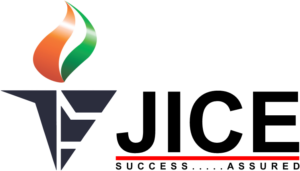UPSC CURRENT AFFAIRS – 02nd April 2025
Tackling the disinformation threat in India
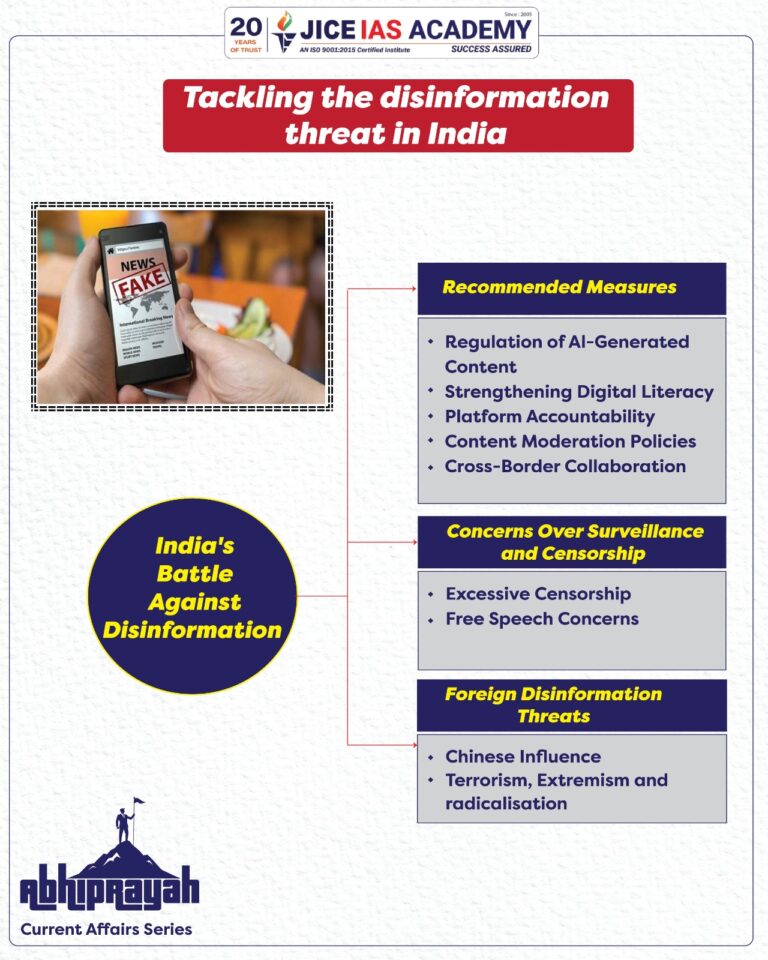
Why in News?
The World Economic Forum’s (WEF) Global Risks Report 2025 highlights misinformation and disinformation as the most significant short-term global threat.
Introduction
- The World Economic Forum’s (WEF) Global Risks Report 2025 has highlighted misinformation and disinformation as the most significant short-term global threat.
- The report defines a global risk as an event that can adversely affect a substantial portion of the population, global GDP, and natural resources.
- The rapid proliferation of AI-generated content, algorithmic biases, and deep societal divides has made it increasingly difficult to distinguish facts from fabricated narratives.
The Crisis of Information Disorder
- India, with an expanding digital population of over 900 million Internet users, is particularly vulnerable to disinformation and manipulated narratives.
- The country’s diverse political and social landscape creates a fertile ground for the spread of falsehoods, influencing voters and economic decisions.
- This is not just a political challenge but also an economic and social one, leading to consumer boycotts, economic disruptions, and international tensions.
- Adding to this crisis, trust in legacy media has significantly declined, with social media emerging as the primary news source.
- As a result, many users unknowingly forward unverified information, assuming it to be credible because it originates from familiar sources.
- Political entities and non-state actors exploit this trust deficit to spread propaganda, further fueling polarization and social unrest.
India’s Battle Against Disinformation
- As a rising global power, India has faced foreign disinformation threats, particularly from China.
- The 2017 Doklam standoff prompted India to ban over 300 Chinese apps, including TikTok, to curb external interference.
- According to a study by the Indian School of Business and the CyberPeace Foundation, 46% of disinformation in India is political, followed by 33.6% on general issues and 16.8% on religious topics.
- Platforms such as Weibo, controlled by China, have been instrumental in distorting India’s global image.
- Additionally, concerns have arisen over Meta’s potential decision to end fact-checking partnerships, similar to what was observed in the United States.
- With almost 400 million Facebook and 500 million WhatsApp users, India represents one of the largest digital markets, making it crucial to implement effective regulatory mechanisms.
Recommended Measures
- The Global Risks Report 2025 outlines several key strategies to mitigate the risks posed by disinformation:
- Regulation of AI-Generated Content – Establishing supervisory boards and AI councils to monitor Generative AI practices and algorithmic biases.
- Strengthening Digital Literacy – Public awareness campaigns, such as the Reserve Bank of India’s Financial Literacy Campaign, to enhance critical thinking skills.
- Platform Accountability – Implementing risk assessments for very large online platforms (VLOPs), similar to the EU’s Digital Services Act.
- Cybersecurity Research – Increasing investment in cybersecurity innovations to counteract deepfakes and AI-driven misinformation.
- Content Moderation Policies – Enforcing strict non-discrimination rules and ensuring funding transparency for online advertisements to prevent manipulated narratives.
- Cross-Border Collaboration – Establishing global coalitions to combat foreign information manipulation and interference (FIMI).
Concerns Over Surveillance and Censorship
- While stringent regulations are necessary to combat misinformation, the WEF report also warns against excessive censorship and surveillance.
- Misuse of regulatory policies could lead to restrictions on free speech and potential authoritarian control over digital spaces. Thus, any intervention must balance security concerns with democratic safeguards.
Conclusion
- Misinformation and disinformation are not just technological challenges but tests of global democratic values.
- As the world’s largest democracy, India must take a leading role in promoting digital resilience by implementing comprehensive policies that counteract disinformation while upholding freedom of expression.
- The real challenge is not just fighting falsehoods but ensuring that India’s unity in diversity remains intact in the face of rising digital polarization.
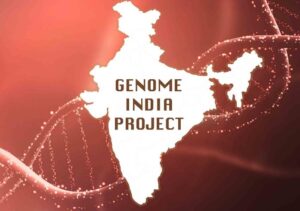
Genome study: 180 million genetic variants found in 9,772 individuals
UPSC CURRENT AFFAIRS – 09th April 2025 Home / Genome study: 180 million genetic variants found in 9,772 individuals Why
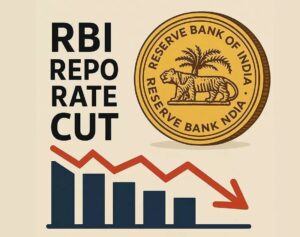
RBI slashes repo- rate
UPSC CURRENT AFFAIRS – 10th April 2025 Home / RBI slashes repo- rate Why in News? RBI reduced the repo

What does a bear market mean for Wall Street?
UPSC CURRENT AFFAIRS – 10th April 2025 Home / What does a bear market mean for Wall Street? Why in
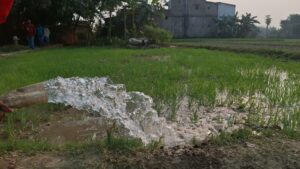
Cabinet approves irrigation scheme for ‘modernising’ water management
UPSC CURRENT AFFAIRS – 10th April 2025 Home / Cabinet approves irrigation scheme for ‘modernising’ water management Why in News?
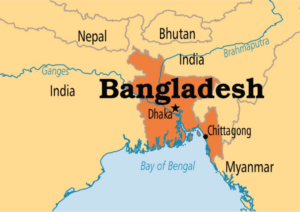
India ends transshipment facility for Bangladesh exports, cites congestion
UPSC CURRENT AFFAIRS – 10th April 2025 Home / India ends transshipment facility for Bangladesh exports, cites congestion Why in

Centre approves ₹63,000-crore deal for procuring 26 Rafale-M jets from France
UPSC CURRENT AFFAIRS – 10th April 2025 Home / Centre approves ₹63,000-crore deal for procuring 26 Rafale-M jets from France
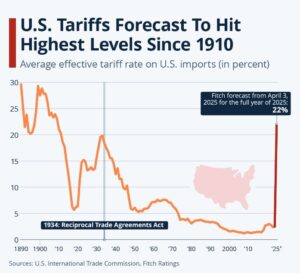
Donald Trump raises taxes on Chinese imports to 125%, pauses tariffs on most nations for 90 days
UPSC CURRENT AFFAIRS – 10th April 2025 Home / Donald Trump raises taxes on Chinese imports to 125%, pauses tariffs

Union Cabinet approves ₹22,919 Cr scheme for promoting electronics component manufacturing
UPSC CURRENT AFFAIRS – 09th April 2025 Home / Union Cabinet approves ₹22,919 Cr scheme for promoting electronics component manufacturing


